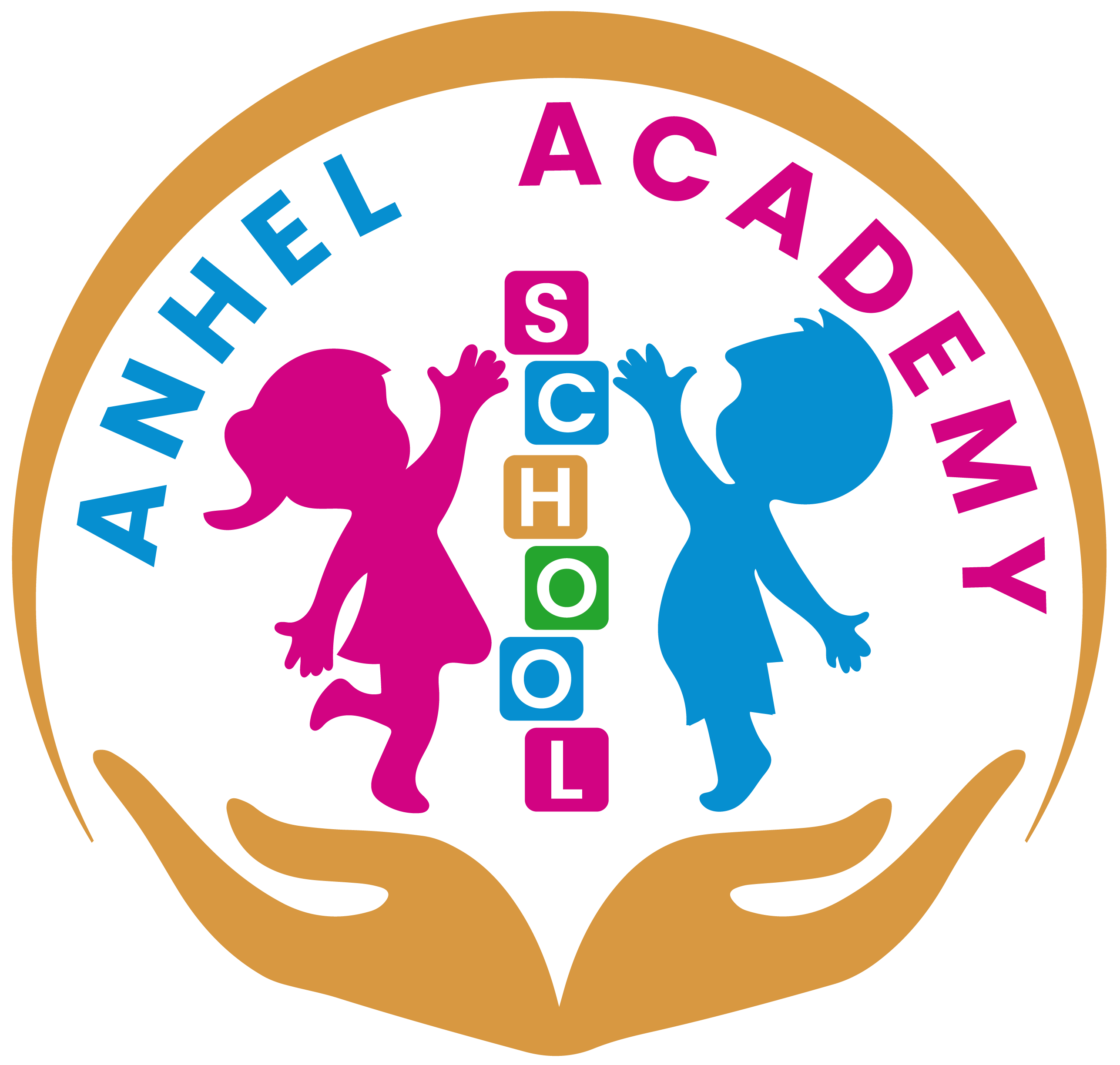PHILOSOPHY
At Anhel Academy School, our educational philosophy is rooted in the belief that every child is a unique individual with the potential to thrive in a nurturing and supportive environment. We are committed to fostering a love for learning through a holistic approach that addresses the diverse needs of our children.
1. Child-Centered Learning:
We prioritize the interests and needs of each child, ensuring that our curriculum is tailored to promote engagement and curiosity. By focusing on child-led exploration, we encourage independence and critical thinking.
2. Developmentally Appropriate Practices:
Our programs are designed with an understanding of child development, providing age-appropriate activities that support cognitive, emotional, and social growth. We create experiences that are both challenging and achievable for our children.
3. Holistic Development:
We believe in nurturing the whole child. Our approach encompasses not only academy skills but also social-emotional development, creativity, and physical well-being. We aim to create balanced individuals who are well-prepared for future challenges.
4. Play-Based Learning:
Recognizing the power of play, we incorporate hands-on, play-based learning opportunities that promote exploration and discovery. Play is central to our teaching methodology, allowing children to learn naturally and joyfully.
5. Inclusivity and Diversity:
We celebrate the diverse backgrounds and abilities of our students. Our inclusive environment promotes respect, understanding, and appreciation for all cultures, ensuring that every child feels valued and supported.
6. Family and Community Engagement:
We believe that education is a partnership between school, families, and the community. We actively involve parents and caregivers in the educational process, fostering strong connections that enhance child learning and well-being.
Anhel Academy School’s philosophy is likely grounded in the belief that a supportive, engaging, and enriching environment is essential for young children’s growth and learning. This approach not only prepares children academically but also helps them develop essential life skills.
